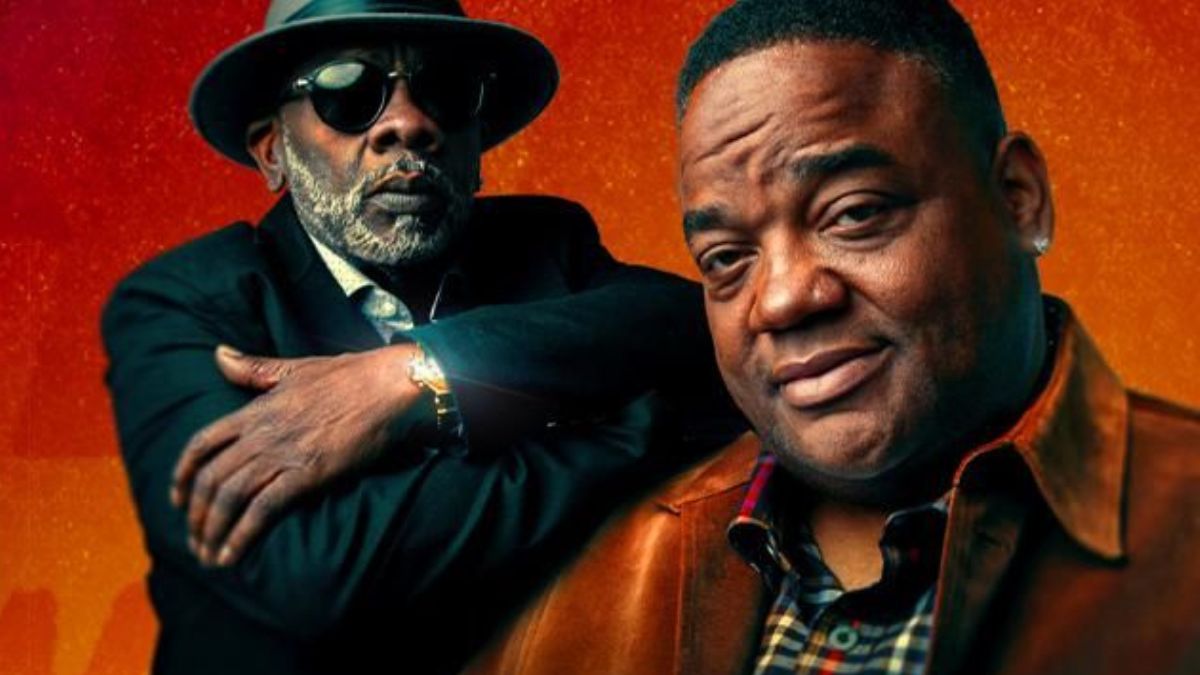Defund police initiatives and general anti-police sentiment across the United States have led to low morale and high turnover. In today’s news cycle, you are hard pressed to find images and stories of police making a difference in their communities.
In fact, I would argue that with local television news ratings plummeting, it would be counterproductive for news outlets to run stories about police that do not involve some type of fear-based programming.
When I ran a digital news outlet in Western New York our analytics begged for the sensationalistic approach. Our views, engagements, and shares would skyrocket if we ran a story that entailed violence, especially involving police.
Shortly after the Derek Chauvin verdict came down on Friday, I started thinking about how difficult it must be for people inside law enforcement to try and rehabilitate an image that has taken such a hit. The fact of the matter is that every day citizens are unlikely to die at the hands of a police officer. People are not getting killed randomly by well-intended officers of the law.
Former combat veteran and current public information officer Todd Wivell works for the Frederick County Sheriff’s Officer. Last year, his agency dealt with Black Lives Matter rallies, some of which became aggressive.
It is Wivell’s job to shield the agency from the wrath of the media while controlling a general narrative and providing the public with accurate and timely information. Wivell was hired last October and has done a fantastic job connecting the sheriff’s office to the community.
Ryan Hedrick: What is your role as a public information officer (PIO) for the Frederick County Sheriff’s Office?
Todd Wivell: In addition to getting timely, accurate information out from crime scenes or investigations to the media, my job is to be a barrier between our deputies and the press. When I go and I meet with our patrol teams and I meet with our sergeants and our leaders, I always try to tell them let me be that barrier for you. You guys don’t have to answer any media questions. I will do it. That really seems to work for us at the Frederick County Sheriff’s Office.
RH: With so many political conversations entering the law enforcement arena, how do you ignore those conversations and do your job without making statements or comments that could be construed as political?
TW: My first goal is to always serve the public, the people, the sheriff’s office, the deputies, and treat everyone equally. That is a very thin line that I can not cross. I cannot do anything to help the sheriff with his election, I can’t get on the department’s social media page and talk about what the sheriff is doing for the election. There are times when people view posts from our department as political in nature, but we have no control over what people think or what they post.
RH: What have you learned about the role social media plays and how it can help you do your job?
TW: One of the things I have learned is that people want their news, and they want it now. It is no longer the 24-hour news cycle, it is the 24 second news cycle. Whatever is going on right now they want something, and the best way to do that is through social media. I am a little bit older and what I found out recently is that the older generations of us, we like Facebook. For us in the Frederick County Sheriff’s Office, we get the most bang for the buck on Facebook. I also use Twitter and Instagram.
RH: How do police and law enforcement officials that you interact with, feel about the treatment from the media?
TW: For me, as a public information officer representing a law enforcement agency, what I try to do is inform Frederick County residents of what is going on in the county. It is not about defunding the police, it is not about the political issues, it is not about the argument to remove police from schools, it is about us telling the truth about what is going on inside the county.
RH: How can police officers exhibit behavior that makes them look human in the public eye?
TW: I think a great example of this comes from one of our Facebook posts Friday where we had a deputy stop by a local neighborhood in Ballenger Creek and interact with the kids. We received this great Facebook message from this local resident saying this is so nice and that this is the kind of stuff that we want to see. The Frederick County Sheriff’s Office is getting out and about into all of the communities as much as possible.
RH: Do you have any more examples of how community policing is working in your jurisdiction?
TW: National Night Out is coming up on August 3. We are going to be in a local community called Urbana at the brand-new YMCA, that is going to be our primary location, but we are going to be in other towns and locations as well. We have deputies that patrol this county which is the largest land mass county in all of Maryland. In addition, we also have deputies in three different towns because they value that, and they want us there.
RH: What do police not understand about social media and the importance of portraying themselves in a good image?
TW: I think because of today’s environment where you have the George Floyd death or you have the death where the officer thought she was shooting her taser but instead she fired her service weapon, it seems like a lot of the media focuses on the negative of law enforcement. Our officers have a reluctance to go in front of the media or to go and put themselves out there too much.









